Welcome to the Auburn Prevention Project
The goals of the Auburn Prevention Project (APP) are to increase community collaboration to prevent and reduce alcohol and marijuana use among youth ages 11-18.
Coalition Meeting Details
The Auburn Prevention Project Coalition meets monthly to collaborate with community partners and sector representatives to implement prevention programs and reduce substance abuse and related risk factors for youth in the Auburn area. The coalition meets the first Thursday of each month at 3:30 PM. We are currently meeting virtually via Zoom. Please email Leah at lraiford@livedrugfree.org for more information or to be added to our contact list.
Funding Details
The Drug Free Communities grant is funded and managed through the Center’s for Disease Control and Prevention and the Office of National Drug Control Policy.
Auburn Prevention Project Vision
Auburn Prevention Project envisions a healthy community where youth choose not to use alcohol and other drugs.
Auburn Prevention Project Mission
The mission of Auburn Prevention Project is to educate, engage, and empower our community to prevent and reduce youth alcohol and other drug use, and to promote healthy environments and promising futures.
Marijuana Position Statement
The Auburn Prevention Project is a Drug Free Communities (DFC) Coalition that aims to prevent and reduce underage alcohol and marijuana use among youth ages 11-18, and establish and strengthen collaboration between communities, organizations, and local, state, and federal governments in Auburn, Georgia. APP Coalition is supportive of additional research into the possible positive effects as well as possible negative effects of cannabinoids for medicinal use. Although CBD, when approved and regulated by the FDA in pharmaceutical form, has been shown to be effective in the treatment of certain, approved medical conditions, the APP Coalition aims to reduce marijuana use among youth. As a Drug Free Communities (DFC) Coalition, we believe that more effective methods are needed to address past 30-day use, perception of risk, perception of parental disapproval, and perception of peer disapproval for Auburn, Georgia. The APP Coalition does not advocate for the use of medical marijuana for recreational use or the legalization of marijuana for recreational use.
WE SERVE THE AUBURN GEORGIA COMMUNITY
The Drug Free Communities Project serves the City of Auburn, located about 45 miles west of Atlanta, in Barrow County, Georgia. The City of Auburn is home to about 7,000 residents. In Auburn’s estimated 2,260 households, 51% have children under the age of 18 living with them. Most children in Auburn attend Auburn Elementary, Westside Middle, and Apalachee High School. The City of Auburn is home to several beautiful parks, Auburn Library, the Whistlestop Shops, Auburn Historic Museum, Auburn Police Department, and many other local businesses, shopping, and restaurants. The City of Auburn is known for hosting many events and festivals which work to bring the community together.
The goals of the Auburn Prevention Project (APP) are to increase community collaboration to prevent and reduce alcohol and marijuana use among youth ages 11-18. APP works with community partners including schools, law enforcement, youth, parents, businesses, healthcare workers, and other sectors of the community to reach these goals. The APP Coalition meets on a monthly basis on the first Thursday of each month at 3:30 PM at the Barrow County Board of Education, Professional Development Center. These meetings are open to the public and we encourage all community members to join us!
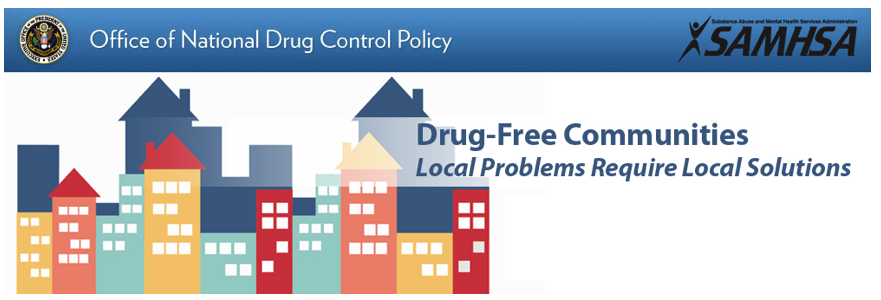
Drug Free Communities Project Goals
Goal 1:
To establish and strengthen collaboration among communities, nonprofit agencies, and Federal, state, local, and tribal governments to support the efforts of the community coalitions to prevent and reduce substance use among youth.
Goal 2:
To reduce substance use among youth and, over time, reduce substance abuse among adults by addressing the factors in a community that increase the risk of substance abuse and promoting the factors that minimize the risk of substance use.
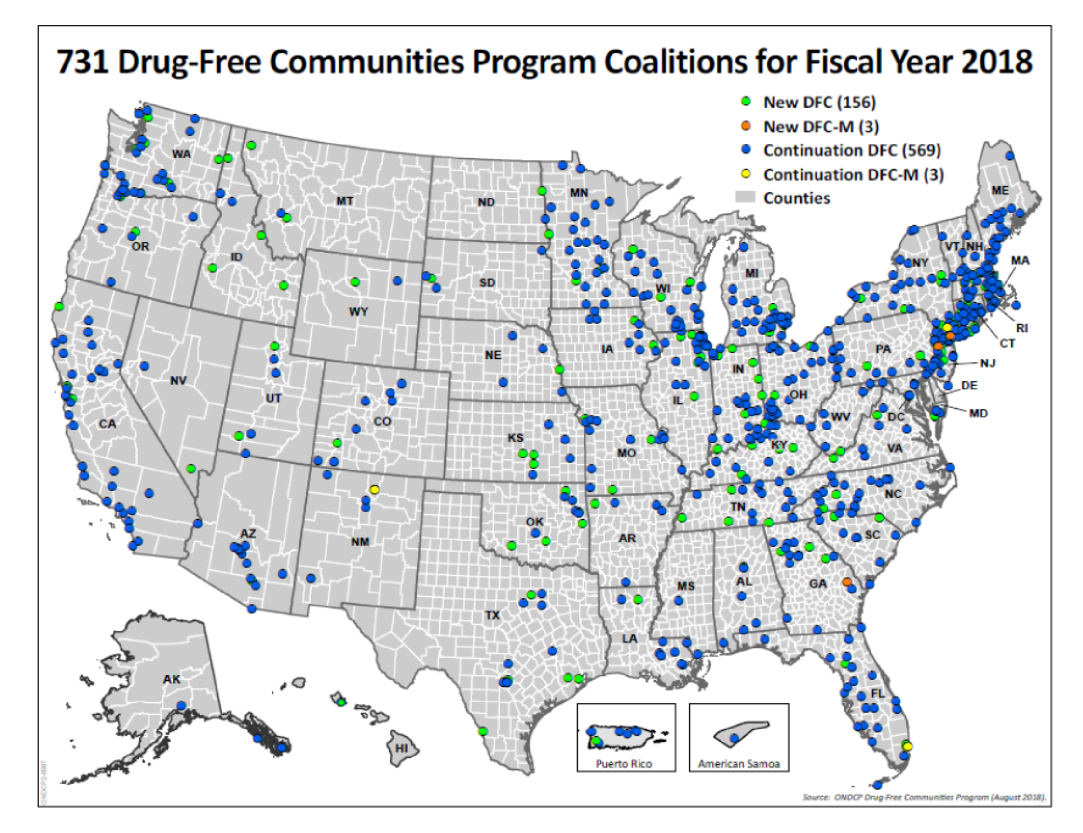
Theory of the DFC Program:
By mobilizing community leaders to identify and respond to the drug problems unique to their community, the DFC Program is designed to change the entire community environment.
Focusing on environmental change ultimately contributes to reductions in substance use among youth, and over time, among adults.
DFC Definition of a Coalition:
A community-based formal arrangement for cooperation and collaboration among groups or sectors of a community in which each group retains its identity, but all agree to work together toward a common goal of building a safe, healthy, and drug-free community.
Local Positive Social Norms and Social Host Liability Billboards
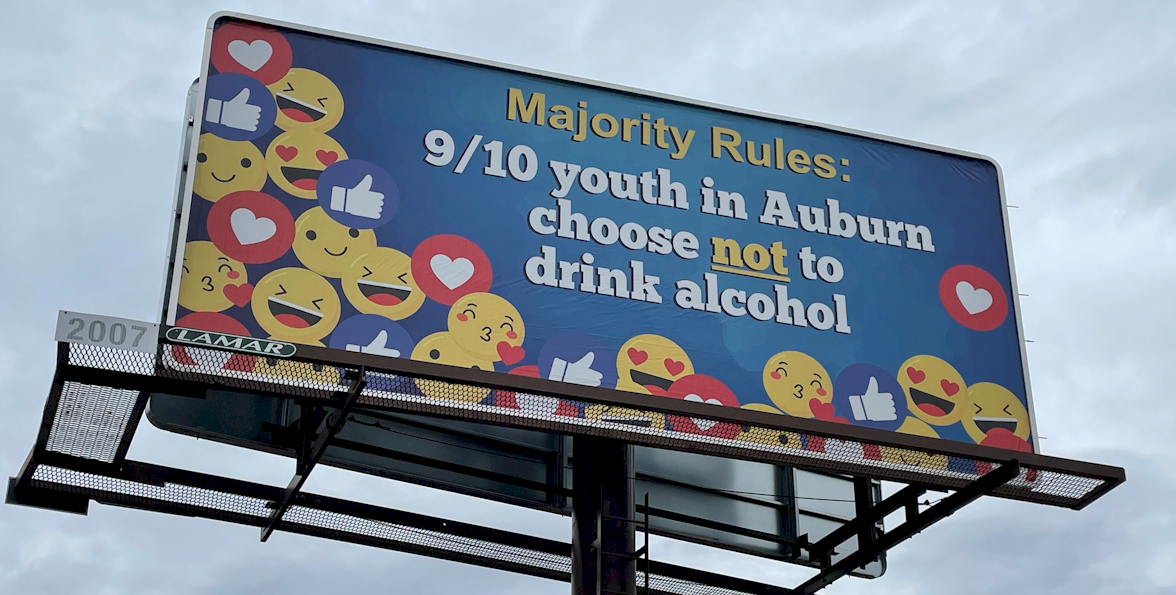
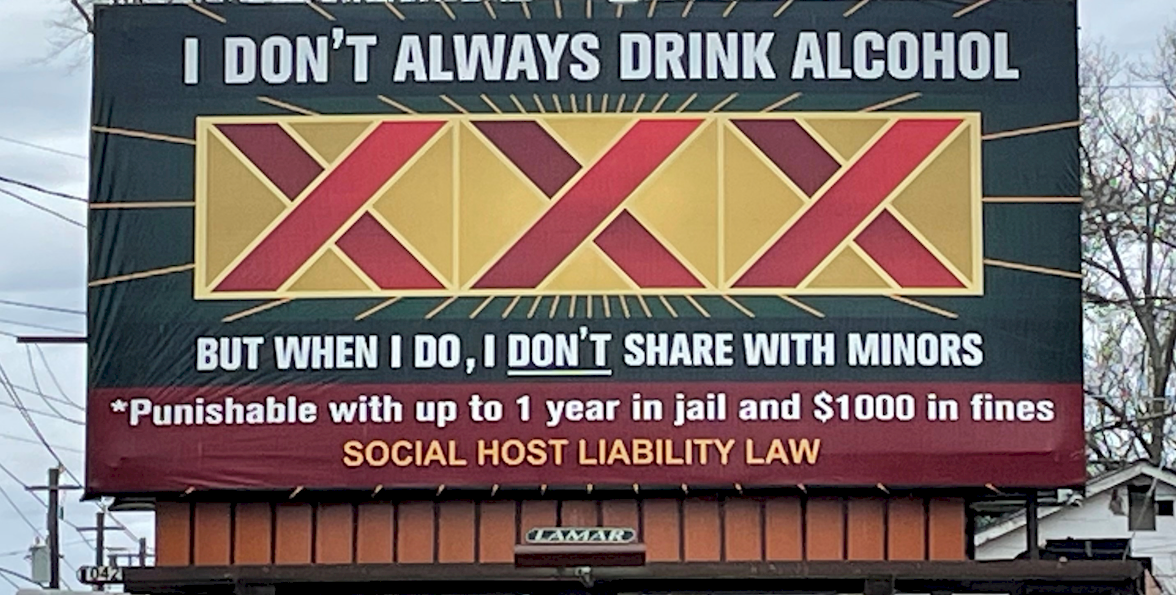
National Coalition Academy Chairman’s
Award Application Video
Auburn Prevention Project Social Media
Local Prescription Drug Disposal Locations
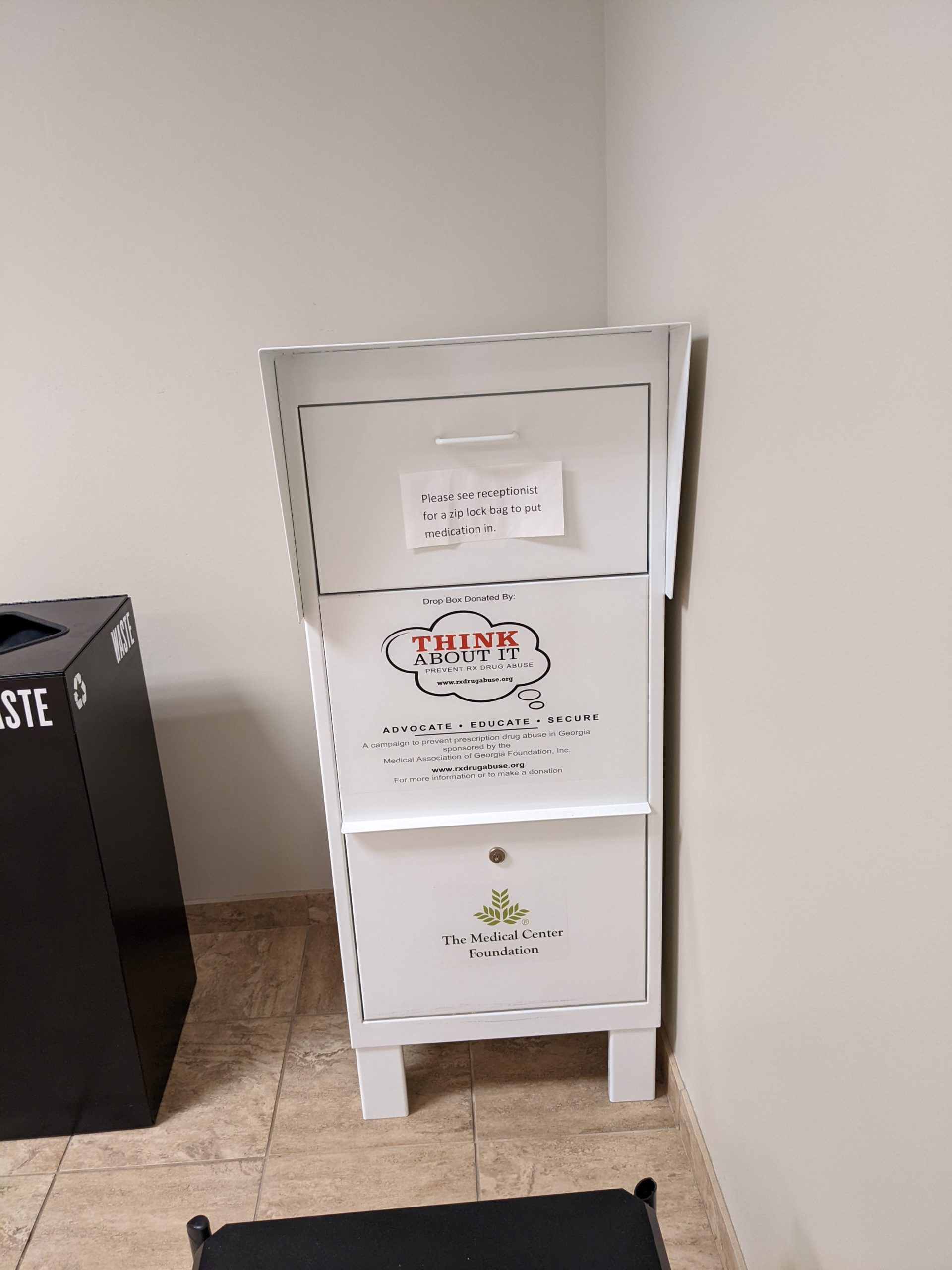
Barrow County Sheriff’s Department:
233 E. Broad St. Winder, GA 30680
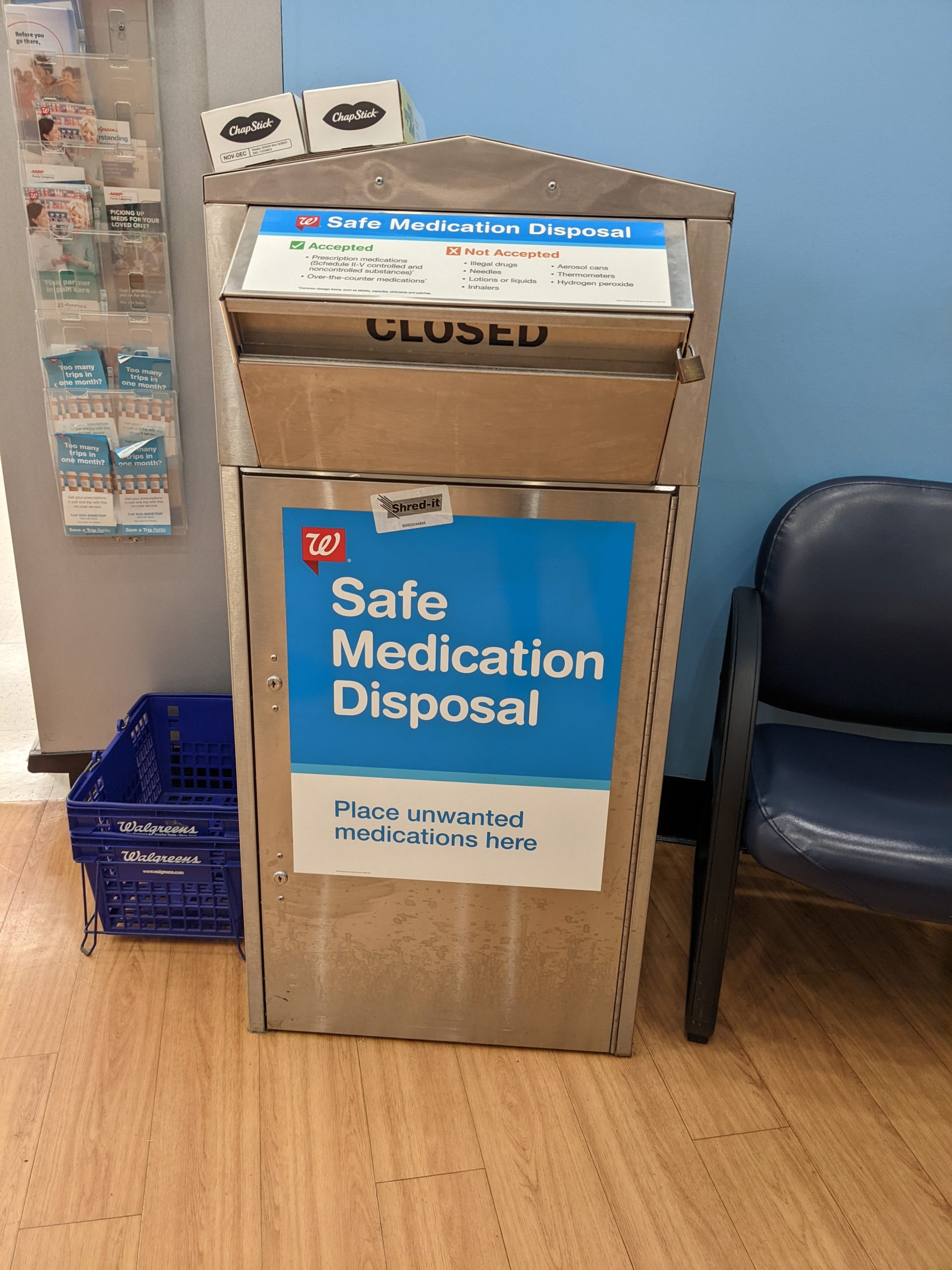
Walgreen’s Pharmacy:
10 E. May St. Winder, GA 30680
Do you have any unwanted or leftover prescription medications? Did you know that there are two prescription drug drop boxes in Barrow County where you can properly dispose of these medications?
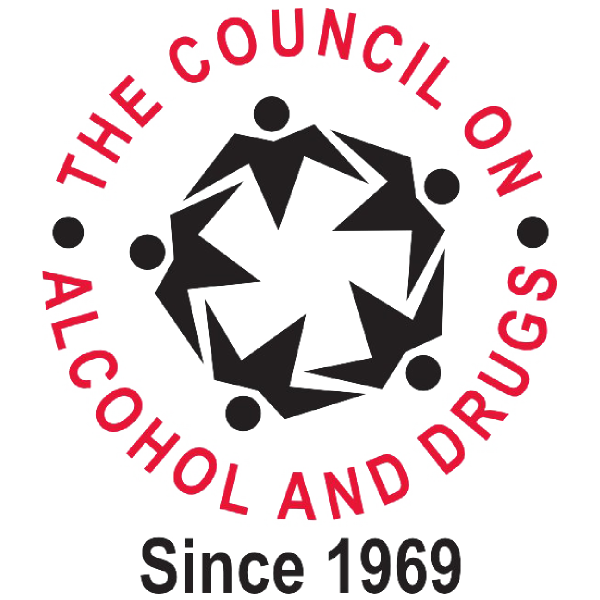
The Council on Alcohol and Drugs has a long history of collaboration, consensus building and utilization of volunteers. The Council was formed in 1969 as a 501(c)3 charitable organization under the name Metropolitan Atlanta Council on Alcohol and Drugs (MACAD). The organization was created to serve as a central agency for the purpose of bringing together fragmented efforts into a comprehensive approach to combat alcohol and other drug abuse.
During the 1970s, The Council evolved into a traditional alcohol and other drug agency, providing services in the areas of prevention education, information dissemination,
advocacy and referrals for alcohol and other drug treatment. The Council established a presence during each General Assembly convocation with recommendations and technical assistance in the area of alcohol and other drug issues.
During the 1980s The Council developed nationally-recognized alcohol and other drug early-intervention curricula, the school-based middle and high school program, Substance Use Prevention and Education Resource (SUPER I) and the community-based SUPER II program for youth 12 to 17, and their parents, as well as continuing the services listed above.
The early 1990s saw the development of the innovative elementary level program SUPER STARS (Self Esteem Through Arts and Recreation Sessions), as well as the establishment of the Atlanta Prevention Connection, a community alcohol, tobacco and other drug prevention coalition. Since the 1990s, The Council has been providing information and training to businesses in order to assist them in qualifying for certification as drug free workplaces. Certified drug free workplaces receive discounts on workers' compensation insurance premiums. During this same time period, The Georgia Alcohol Policy Partnership (GAPP) coalition was formed. This coalition has been instrumental in educating the public and legislators alike about the effects of underage drinking in Georgia and has helped make significant progress in the effort to reduce underage drinking. The Council maintains and provides innovative and essential alcohol, tobacco and other drug services, such as a drug and alcohol prevention course for educators and addiction counselors and an information and referral line for treatment and prevention information.
The Council has successfully provided alcohol, tobacco and other drug prevention services since its founding, and the agency has not lost sight of its original goal of bringing together all aspects of communities to combat substance abuse.
Prevention/Intervention Mission
To affect the attitudes, skills, and behaviors of children, adolescents, parents and other adults through providing evidence-based, state-of-the-art, and relevant strategies, services and programs to help empower the persons being served to live or help others to live alcohol and drug-free lives.
To learn more about The Council on Alcohol and Drugs please visit: www.LiveDrugFree.org
